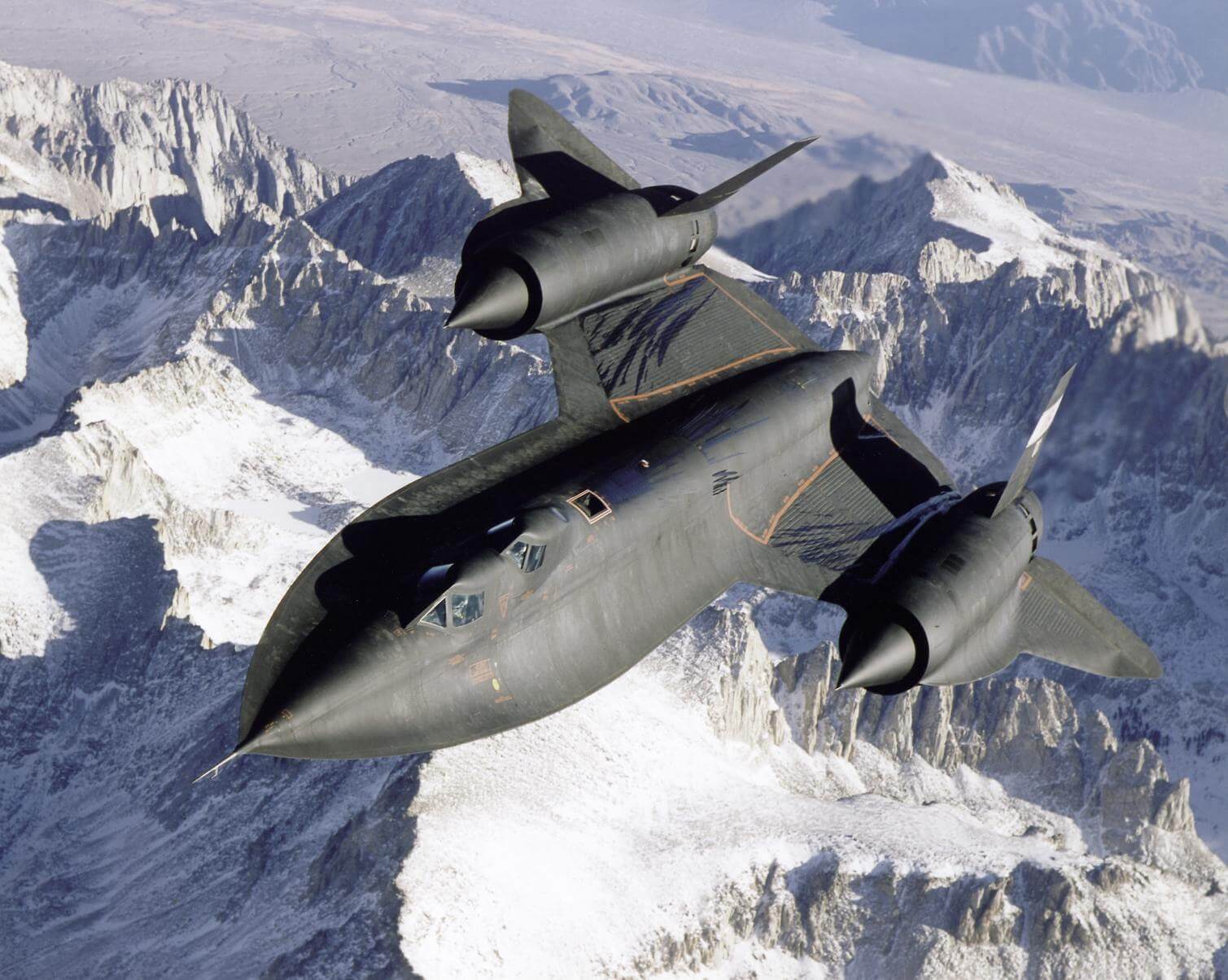Industrial Sewing in the Aerospace Industry

Industrial sewing is used to manufacture lots of different things for lots of different industries. Just about anywhere you look, you’ll see something that was created by an industrial textile manufacturer like Vinyl Technology. The objects and products featured in this post are pulled from actual industrial sewing in aerospace products. They have been created by us for one of our clients.
What’s the Difference Between the Space Industry and the Aerospace Industry?
If you’re thinking there might be some overlap between these two industries, you’d be right. In fact, many elements of the space industry are included in the umbrella term “aerospace.” The term is a combination of two words, aero meaning “air” and space meaning, well, “space,” as in the space shuttle and space station—operations typically within or beyond earth orbit. You can also look at these two terms as “aeronautical” and “astronautical.”
Since we already covered one of the more well-known space industry products that use industrial sewing in an earlier blog post about space suits, for this post we’re going to focus more on the aeronautical side of things.
Parachutes
One of the most obvious uses of industrial sewing for aerospace is the creation of parachutes. Parachutes are essentially bags that provide a quick and easy way to reduce the speed of an object moving through the air. Aviation parachutes are used in a variety of ways, from slowing the descent of an aircraft during a bailout to providing drag for decelerating high-speed payloads. They’re also used to keep people from accelerating too fast to the ground (also known as “falling”).
PVC bags
One industrial sewing use in the aerospace industry is PVC bags. These bags are often used to store and transport different parts and components. They are also used for in-flight emergencies. The bags are made with industrial sewing to ensure that they can hold up during tough conditions, like heavy turbulence or even a rough landing.
Fuel and Other Fluid Bladders
Industrial sewing can also be used to create bladders, which are industrial bags that contain pressurized fluids. These industrial bags’ main function is to hold air or gas in order to help a machine or object float. Bladders are used for different industrial machines, such as naval ships and aerodynamic flight vehicles. Bladders frequently carry fuel for UAVs and drones. These bladders allow for flexible containment devices for fuel that can also withstand the strenuous conditions faced by aerospace vehicles.
Environmental Containment Covers
Industrial sewing can also be used to create covers. Covers are essentially industrial bags that protect items from the elements, such as wind, rain and snow. They are just as big as the devices they cover, sometimes as big as an entire jet aircraft. Covers like this are also used to keep products clean and free from debris. In the aerospace industry, covers are often used on industrial machines that are used to transport vehicle parts like rotors, engines, and turbines.
Insulation for Aircraft Pipes
Industrial sewing can also be used to create industrial insulation for aircraft pipes. These industrial bags are created with industrial sewing so that they do not leak or break. These industrial bags are used for aircraft and even ground-based facilities that serve them. Insulation is important for many fluids and fuels needed by aerospace vehicles, both because of the plunging temperatures in low earth orbit.
You can check out more about Vinyl Technology’s work in the aerospace industry.
Vinyl Technology also creates products used in the military and various industries, like chair cushions, pneumatic pillows, and more.
If you have an industrial sewing in aerospace project you think would be a good fit for us, get in touch today.

